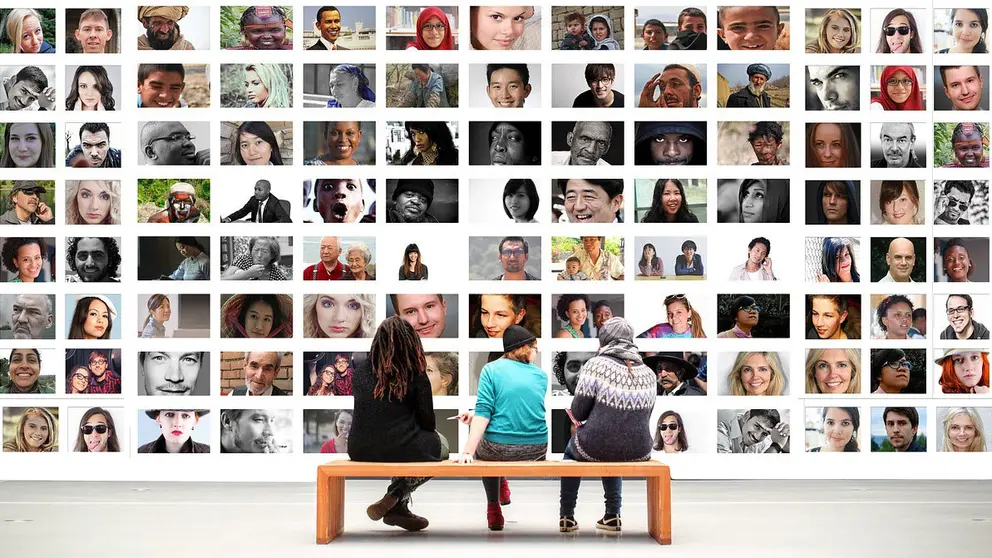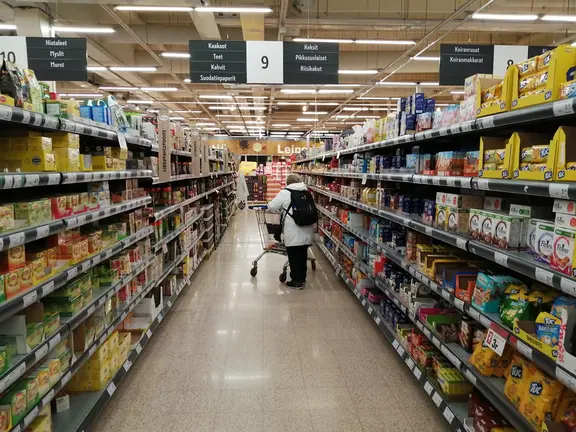According to Minister of Social Affairs and Health Aino-Kaisa Pekonen, Minister of Family Affairs and Social Services Krista Kiuru and Minister of Nordic Cooperation and Gender Equality Thomas Blomqvist, the Government's decisions of 18 September in the budget session reduce inequality, help to safeguard pensioners’ livelihood, strengthen health and social services and promote equality. Read below a summary of the main:
Increase in basic social security
In the budget session, the Government agreed on an increase of 20 euros for basic social security (minimum rehabilitation allowance, sickness and parental allowance, basic unemployment allowance and labour market support).
The reforms are intended to reduce inequality and the number of households dependent on social assistance.
The Government will allocate 40 million euros to increasing basic social security.
Increases in pensions
Small pensions will be increased. The full national pension will be raised by 34 euros and the full guarantee pension by 50 euros per month.
"The increase in pensions will help to safeguard the livelihood of pensioners and reduce poverty and non-participation", the Government says.
Removing the activation scheme
The Government proposes that the benefit reductions and obligations of the activation scheme will be removed as of 1 January 2020.
“The activation scheme reduced benefits from the unemployed even if there was no job available, which was rightly considered unfair”, says Aino-Kaisa Pekonen, Minister of Social Affairs and Health.
“Instead of an unsuccessful activation scheme, we need effective employment measures, such as investments in skills and employment services", she added
In future, the activation scheme would not reduce unemployment benefits accrued as of 1 January 2020. If the unemployment benefit has been reduced earlier because of the activation scheme, the benefit would return to the normal level from the beginning of 2020. The benefit reductions of the activation scheme would affect the unemployment benefits to be paid in January, which have accrued in 2019.
Additional days of unemployment allowance
The Government will raise the minimum age for additional days of unemployment allowance for employees.
In future, a person born in 1961 or later must have reached the age of 62 in order to be entitled to additional days. At the same time, the limit for employers' liability to contribute to the expenses for additional days of unemployment allowance will rise by one year. The amendments to the minimum age for additional days are due to enter into force on 1 January 2020.
Raising the minimum age for additional days is based on an agreement concluded by labour market organisations in June and is part of the implementation of the 2017 pension reform.
Investments in work ability
The Ministry of Social Affairs and Health supports the attainment of the Government's employment goal through, among other things, a working capacity programme for people with partial working capacity and a development programme for work and wellbeing at work.
The appropriations proposed for the working capacity programme for people with partial working capacity total 10 million euros in 2020, 12 million in 2021 and 11.2 million in 2022. The Ministry of Social Affairs and Employment and the Ministry of Economic Affairs and Employment will implement the programme. A total of 1 million euros will be reserved for 2020 in order to launch the development programme for work and wellbeing at work.
“Investments in maintaining working capacity and improving wellbeing at work are necessary for making Finland a leading country in developing working life innovations in the digital era, and for making the Finnish wellbeing at work the best in the world by 2030”, Minister Pekonen says.
Health and social services
The Government aims to improve health and social services by, for example, determining the details of treatment time guarantee and minimum staffing level of personnel in units providing care for older people. In non-urgent situations, people will have access to treatment within seven days of the assessment of the need for treatment. A binding minimum staffing level of 0.7 for care personnel in units providing 24-hour care for older people will be laid down in legislation.
In addition, informal care and home care will be enhanced, a national mental health strategy will be prepared and access to mental health services will be improved, personal budgets for people with intellectual disabilities will be tested, and family services and pharmaceutical services will be developed.
“The decisions of the budget session show that the availability and quality of treatment and care for people who need them will really be improved”, says Krista Kiuru, Minister of Family Affairs and Social Services.
The Government will allocate a total of 80 million euros for the development of health and social services in 2020, 130 million in 2021 and 150 million euros in 2022.
Additional annual funds of 5 million euros in 2020–2022 are proposed for the preparation of a programme to promote the wellbeing and health of older people, and an ombudsperson on older people’s rights will be established.
A further 2 euros million per year is proposed for the same period for a project to enhance home care. Additional financing will also be reserved for the development of terminal care.
It is proposed that a supplementary appropriation of 10 million euros be allocated to the trial on free contraceptives to everyone under the age of 25 in 2021–2022.
Future Health and Social Services Centres
The Government intends to launch an extensive project to strengthen basic public services. The purpose of the Future Health and Social Services Centres programme is to further develop the present health centres and make them broad-based health and social centres.
The programme will improve the cooperation, quality and availability of services provided by health and social services centres. In addition, research and development activities will be strengthened as part of the centres’ everyday activities. The importance of preventive work will also be increased and cooperation between health and social services professionals will be strengthened.
“In future health and social services centres, people would have smooth access to services and receive help for their individual needs”, Minister Kiuru says.
“Reforms are carried out in order to guarantee sustainable wellbeing in Finland even in the future”, she added.
Enhancement of services for children and families
An appropriation of 10 million euros will be allocated in 2020 to improve services for children and families and to continue the programme addressing child and family services. In addition, a cross-sectoral strategy for children will be prepared, and 2 million euros per year will be earmarked for the implementation of the strategy.
An increase of 2 million euros will be allocated to increasing the number of shelters and developing their activities. A total of 3 million euros will be allocated in 2020–2021 to improve the services of mothers using drugs. In addition, the staffing levels in child welfare services will be specified as part of the General Government Fiscal Plan.
Gender equality
The Government reserves 0.5 million euros for the Action Plan for Gender Equality and the Equal Pay Programme. The appropriation will be used for various measures in order to make society more equal.











